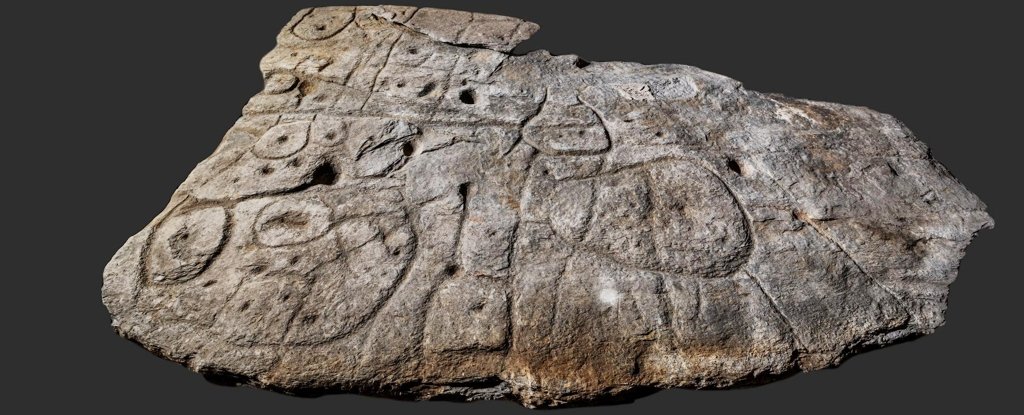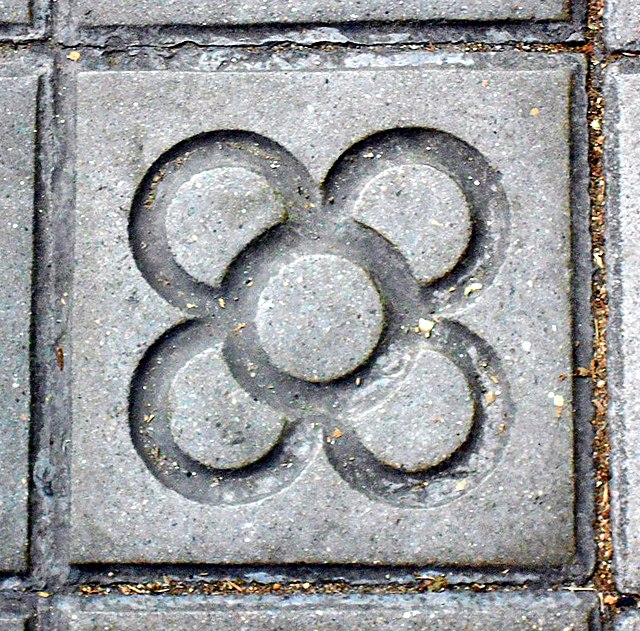A piece of rock with mysterious markings that lay largely unstudied for 4,000 years is now being hailed as a “treasure map” for archaeologists, who are using it to hunt for ancient sites around north-western France.
TL;DR: It’s a map that points to different ancient towns so it’s a treasure map for the archaeologists
I only read the article because of your tldr, it sounded too clickbaity the way the editors of the magazine titled it.
I was hoping it was a treasure map from an ancient food franchise.
Ye Olde Taico Belle
Why does everyone need a tldr? Why can’t people just read the article? It isn’t like it’s long.
I think tldr’s are justified if the headline is clickbaity or misleading.
I just wish people would take the time to read articles more. Literacy rates in the US have been dropping. 20% of Americans are illiterate and half Americans read below a 6th grade level. I just wish people wanted to engage with reading more. I get that long form reading on a phone is not ideal. Even with short articles people don’t seem to want to spend 5 minutes reading. Every time I see a tldr it underscores that people’s attention spans seem to be consistently shrinking.
I agree but I don’t think bad journalism practices are the way to fix that. If something, they will drive readers further away eventually.
Where’s the bad journalism in this case? Yvan Pailler, the professor quoted in the article, called it a treasure map & the title clearly shows that ‘treasure map’ isn’t meant to be taken literally.
In my opinion (and others’ in this thread) the headline is misleading even with the quotes and the tldr was welcome. That’s all. I don’t think there’s a lot much more to discuss without getting attached to what at the end of the day is just a post in an aggregator.
I wish people would read more too. I was an avid reader in my youth and my younger sibling has trouble reading well below where I was at that age and it saddens me. I included this because people are stupid and may get upset if they read this and find out it’s not actually leading to piles of gold
I don’t think everything should be modified just because of what “stupid people” might think of it.
The headlines need to be more truthful. It’s not the stupid people that read a headline, and then are disappointed in the actual story that doesn’t match what the headline said.
If the head line reads “Aliens land in America!” And then it turned out to be about immigrants from Europe I’d be pretty upset even though the headline is technically true, everyone reading it is going to assume a totally different thing.
While that’s certainly part if it, you’re also seeing the result of headlines being used for clickbait. Tl;dr used to be just called a journalistic headline, but now they’re less likely to follow the same standards.
It used to be the case that for most journalism you could get the necessary information from the headline or the headline and first sentence. As you can imagine, given modern website advertising metrics, this would now be quite unprofitable.
If all the necessary information is in the headline and first few lines then that’s a bad article, in my opinion. That should be the crux of the article but the rest should provide context, which is incredibly important to understand almost any important topic.
Yes, that’s how the structure of journalistic writing used to be. Necessary information and main takeaway followed by additional context.
Now you get a clickbait headline followed by a paragraph and a half getting to the main point, but just before it does, the paywall, subscription box, or whatever appears. Because of that, occasionally people will provide the main idea/point (tl;dr), and people then decide whether they’d like to read it or not.
Your concern, I think, which I happen to agree with, is that people less and less bother to then read the article to gain better understanding or context. But it’s worth realizing that in a time when people read a lot more, headlines actually served roughly the same purpose as a tl;dr does.
There isn’t a paywall in this article
Also nice to have to confirm that the title isn’t misleading!
You can always read the article and make up your own mind. Sometimes it isn’t good to trust someone else’s opinion on something.
Think of it this way, you posted it and a second poster confirmed tha tit was what you meant to post which reduces the chances that it is spam or some right wing nut job bullshit. Or the article is long and pointless with one piece of information that is covered in the tldr.
I won’t read every article because of how many are trash, so the tldr was a benefit. This headline read in a way that sounded like it could have been either valid or trash and I only read it because of the tldr.
Yay for tldrs!
People scroll past hundreds of articles a day. We gotta decide which ones are worth it.
Step 1: Title Step 2: TL DR Step 3: read
Gotta pass 1 and 2 before I get to 3. I only have so much time on my lunch break. Im not wasting it on a click bait article
I think it’s interesting that instead of talking about how cool this is, we’re all talking about whether a tldr was just a helpful blurb or the harbinger of the downfall of literacy…
But this is really cool! I wonder what happened to those old villages or towns and what languages they spoke. Do you think they would’ve been related to the Basque peoples? I also have to wonder whether there are still any human settlements in the places marked on the map. How cool would that be, to learn your sleepy hamlet had been standing there since before bronze was a thing?
I admire your positivism!
On some of your questions i have some answers. This is from so long ago that there is not a written record. We can’t really compare these people to a modern day or even historical folk. It would take 2000 years for people to describe who lived in these areas, by then they were called gauls by the Romans.
However there is a point made by antropologists that the basque language is a remnant:
Archeologists are unsure whether Western Europe saw a Mesolithic immigration. Populations speaking non-Indo-European languages are obvious candidates for Mesolithic remnants. The Vascons (Basques) of the Pyrenees present the strongest case, since their language is related to none other in the world, and the Basque population has a distinct genetic profile.
Almost none of the settlements are standing, however in the Dordogne region of France (where the famous Lascaux cave paintings are from) have sites where people have lived 17000 years ago.
That’s so cool. I want to live in a cave like that.









